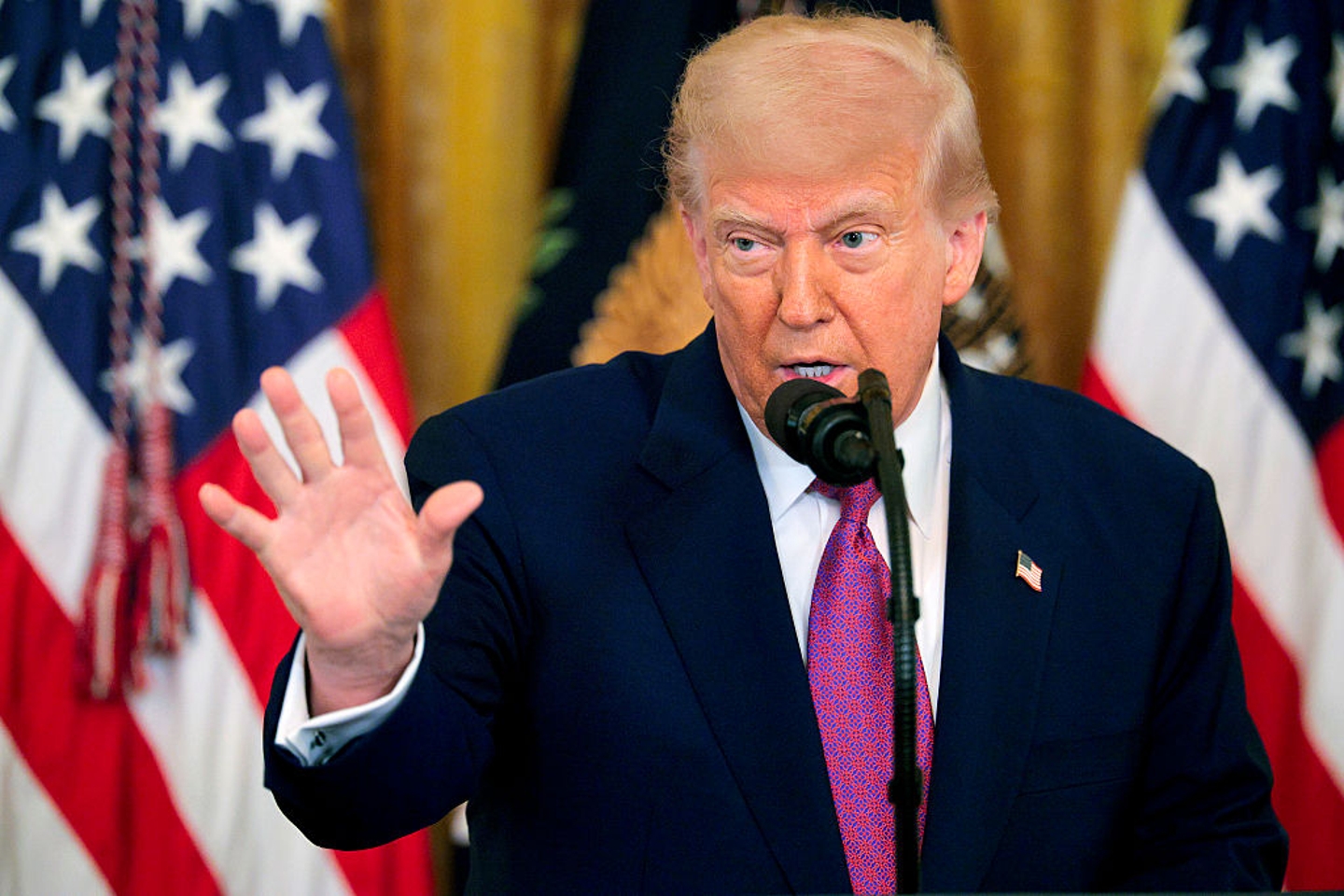An old clip from 2011 of Trump accusing Obama of wanting war with Iran has resurfaced online
A video of Donald Trump harshly criticizing Barack Obama and accusing him of trying to start a war with Iran just to win re-election has come back into the spotlight. The resurfacing comes after Trump himself ordered the bombing of three major nuclear sites in Iran over the weekend.
The clip, which dates back to November 2011, began circulating again shortly after Trump publicly confirmed that the United States had, in his words, 'completely obliterated' the sites. The renewed attention has sparked debate about how Iran might respond to such a bold move, especially with growing concerns about rising oil prices and the potential threat of sleeper-cell terrorism inside the US.
While some of America’s global allies have expressed support for the strikes, others have voiced deep concern. The entire situation has ramped up fears that the world could be on the brink of World War III, with many anxiously watching what will happen next.
Interestingly, this isn’t the first time Trump has spoken out against military action in Iran. The same resurfaced video shows him slamming then-President Obama, accusing him of wanting to launch attacks in Iran purely to boost his approval ratings.
In that footage, Trump criticizes Obama’s approach to diplomacy and negotiation, claiming he lacked the skills necessary for international talks.
"He's weak and he's ineffective." Trump says in the clip. "So the only way he figures he's going to get re-elected is to start a war with Iran."

He went on to add: "Now, I'm more militant and more militaristic than the president. I believe in strength."
"But, to start a war in order to get elected - and I believe that's going to happen - would be an outrage."
During his presidency, Barack Obama signed a historic nuclear deal with Iran in 2015. The agreement, backed by several other nations, was designed to limit Iran’s nuclear capabilities and prevent weapon development through international oversight.
However, just three years after that deal was made, and during his own time in office, Trump made the controversial decision to withdraw the United States from the agreement. He also reinstated heavy economic sanctions against Iran, effectively killing US involvement in the deal.
That old clip isn’t the only moment where Trump criticized Obama on this issue. Between 2011 and 2013, he made several tweets in which he accused the former president of plotting a war with Iran to make up for failed diplomacy. He used terms like 'desperate' and 'not skilled' to describe Obama’s leadership.
"Now that Obama's poll numbers are in tailspin – watch for him to launch a strike in Libya or Iran. He is desperate." Trump tweeted in October 2012.
One tweet from 2013 also resurfaced, where Trump claimed: "Remember that I predicted a long time ago that President Obama will attack Iran because of his inability to negotiate properly - not skilled!"
Another message from that same year read: "I predict that President Obama will at some point attack Iran in order to save face!"
Fast-forward more than a decade, and the situation seems to have flipped. This time, it’s Trump who’s launched a military offensive, using 14 powerful 'bunker buster' bombs to target Iran’s nuclear facilities at Fordow, Natanz, and Isfahan.
Former President Obama has also recently addressed the current political climate, saying that under Trump’s leadership, the United States is dangerously close to sliding into an autocracy. This is a system of government where power is concentrated in one person’s hands, with little to no checks or balances.

While speaking on June 17 in Hartford, Connecticut, Obama expressed his concern and said: "If you follow regularly what is said by those who are in charge of the federal government right now, there is a weak commitment to what we understood — and not just my generation, at least since World War II — our understanding of how a liberal democracy is supposed to work."
"What we're seeing right now … is not consistent with American democracy."
"It is consistent with autocracies. It is consistent with Hungary under Orbán. It's consistent with places that hold elections but do not otherwise observe what we think of as a fair system in which everybody's voice matters, and people have a seat at the table, and there are checks and balances, and nobody's above the law."
"We're not there yet completely, but I think that we are dangerously close to normalizing behavior like that."